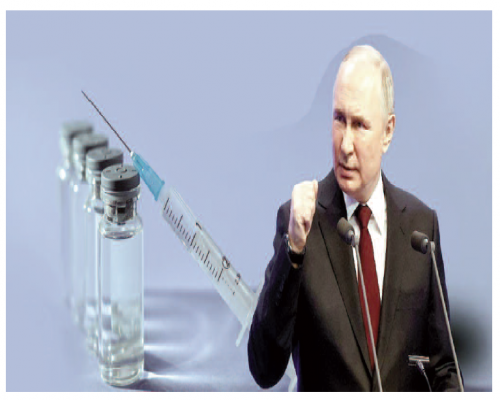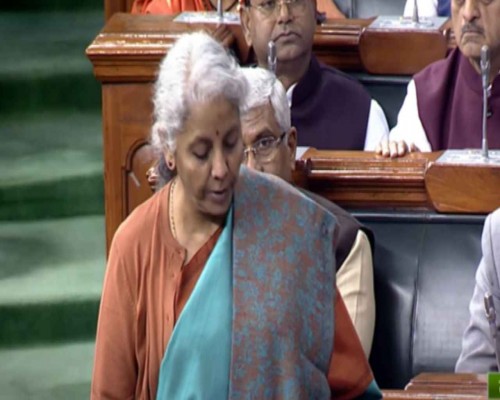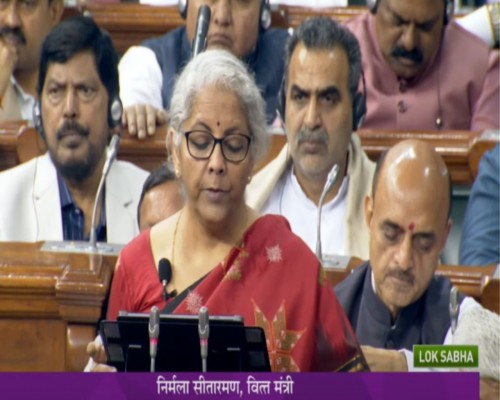Russia Develops Cancer Vaccine, Launch Expected Next Year

Every year, millions of lives are lost to cancer. However, in a groundbreaking development, Russia has announced the creation of the world’s first cancer vaccine, expected to be launched by 2025. Experts believe this innovation could play a significant role in cancer prevention and treatment.
How the Vaccine Works
The vaccine uses mRNA technology, which triggers an immune response by identifying cancerous cells. This system detects the tumour’s growth and targets the cancer cells at the molecular level, effectively preventing cancer from spreading.
Key Features of the mRNA Vaccine:
● Early Detection: The vaccine can recognise cancer initially, halting its growth and spread.
● Advanced Technology: Unlike traditional methods, the mRNA vaccine utilises precise molecular techniques to detect and neutralise cancer cells.
● Quick Production: The vaccine can be manufactured within hours, making it scalable for widespread distribution.
Russia’s Breakthrough
According to the Russian Ministry of Health, the vaccine has been developed by the Radio Nucleic Medical Research Centre and the National Medical Research Centre of Oncology. It has shown significant promise in early preclinical trials. Researchers have highlighted that the vaccine stimulates the body’s immune system to identify and destroy cancer cells without harming healthy tissues.
Preclinical and Clinical Trials
● Preliminary studies suggest a 97% success rate in reducing tumour growth in mice.
● The vaccine has undergone rigorous preclinical testing, and human trials are expected to begin soon, paving the way for widespread availability.
A Leap in Global Cancer Treatment
This revolutionary vaccine can potentially transform cancer treatment globally, offering hope to millions of patients. With its focus on precision and efficiency, the vaccine represents a new era in the fight against cancer.
The launch of this cancer vaccine in 2025 could mark a historic milestone in medical science, bringing the world closer to overcoming one of humanity's most challenging diseases.























